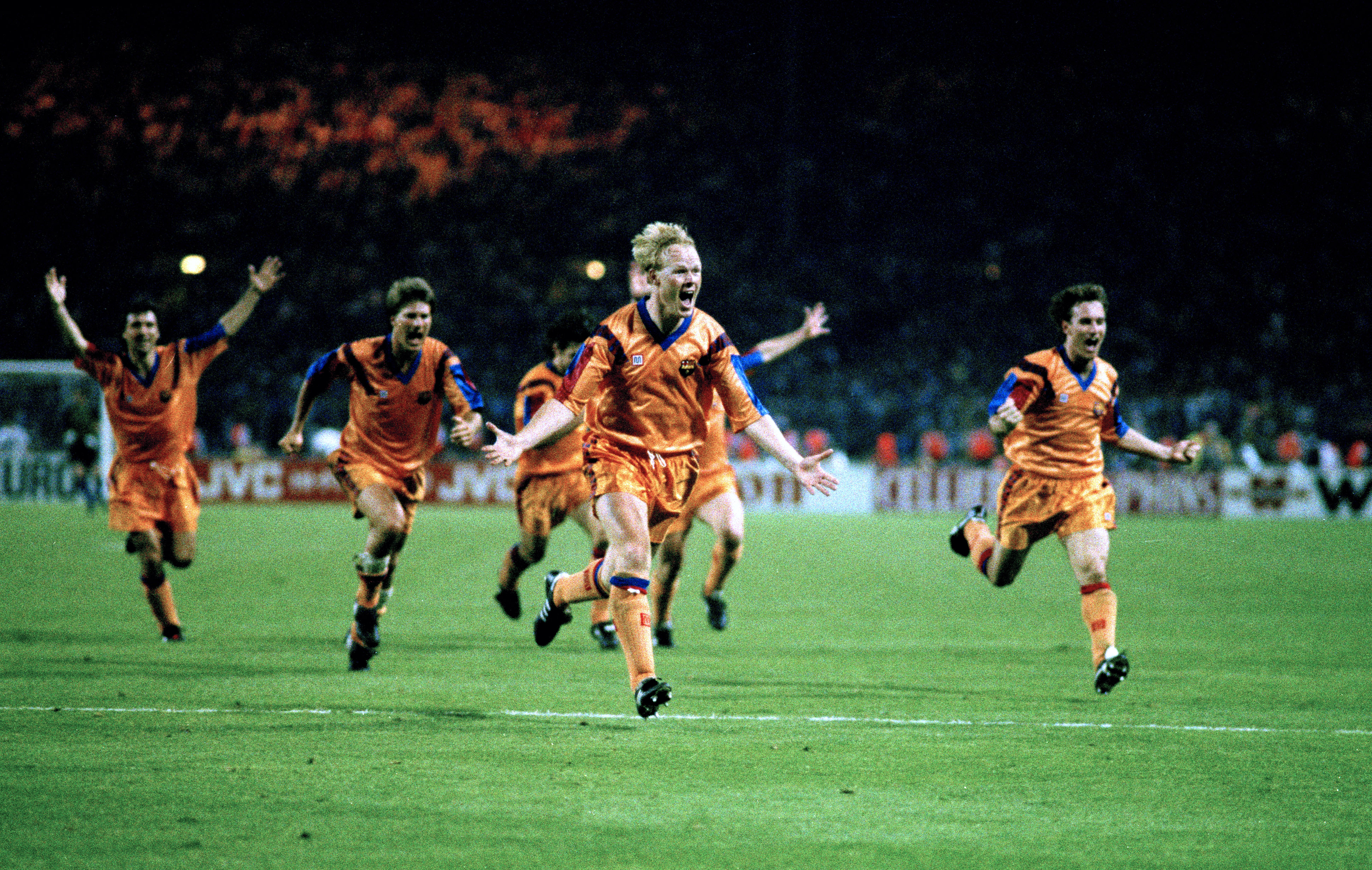Would Mauricio Pochettino really be suitable for a club like Manchester United?
The Tottenham boss has impressed at White Hart Lane, but in conditions that he wouldn't be afforded at Old Trafford, argues Seb Stafford-Bloor...
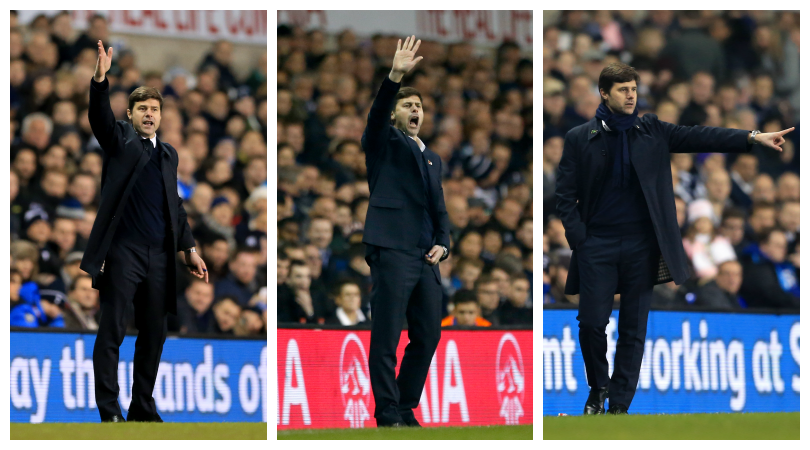
Tottenham supporters will tell you that progress is a double-edged sword. Initially, relative success breeds optimism and all the healthier reactions associated with fan culture, but that eventually becomes clouded by future concerns. As evidenced by the migration of Michael Carrick, Dimitar Berbatov, Luka Modric and Gareth Bale, this is a club that knows the thud of the glass ceiling.
Reliably, with Spurs now fourth in the league and achieving beyond expectations, the vultures are stirring and Manchester United are supposedly smitten with Mauricio Pochettino.
All is not well at Old Trafford. Louis van Gaal is surely bound for the exit door despite Sunday's win at Liverpool, either imminently or at the end of the season, and with Pep Guardiola seemingly headed for the other side of Manchester and the United hierarchy suspicious of Jose Mourinho's more abrasive qualities, Pochettino must look like an increasingly logical candidate to arrest their decline.
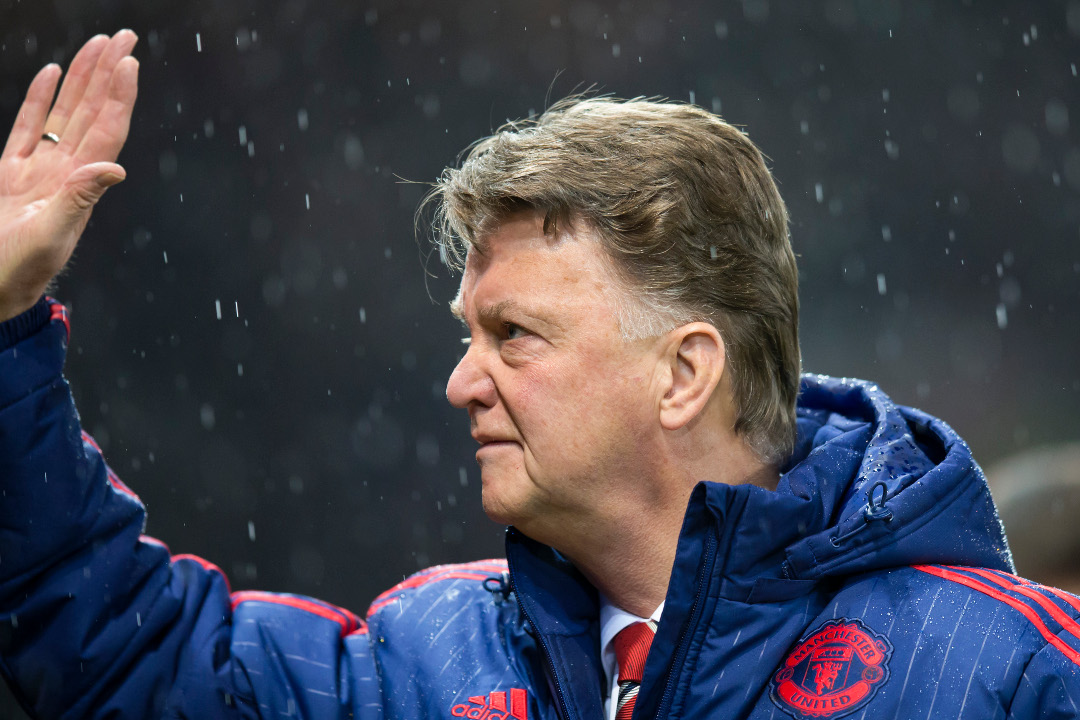
But there's a caveat here: Tottenham are a different sized club to Manchester United and the conditions under which the Argentine has so far flourished in England have been tailored to suit him. Maybe that's a key distinction? Daniel Levy, maligned character though he is, has been very prudent in centring the various departments of his football club around a set of adjoining principles and, although Pochettino is an excellent manager in his own right, he has benefited from that cohesion.
Papering over cracks
Ferguson was an icon and a symbol of their decadent success, naturally, but he was also the veil over their institutional complacency and a convincing argument for why football clubs should always insist on a separation of powers
Those same conditions don't exist at United. Sir Alex Ferguson was famously autonomous and his longevity and success masked a rusting of the club's infrastructure. While they are undeniably a club of formidable financial strength and enviable commercial appeal, the manner in which they utilise those advantages is highly questionable.
When Ferguson retired, United lost more than a manager. He was an icon and a symbol of their decadent success, naturally, but he was also the veil over their institutional complacency and a convincing argument for why football clubs should always insist on a separation of powers.
The best features, fun and footballing quizzes, straight to your inbox every week.
While Ferguson was in charge and the Premier League trophies were still being fed into the Old Trafford cabinets, many pertinent issues appear to have been neglected. The scouting department has become notoriously weak and the recruitment strategy appears to be a muddled mess of conflicting objectives.
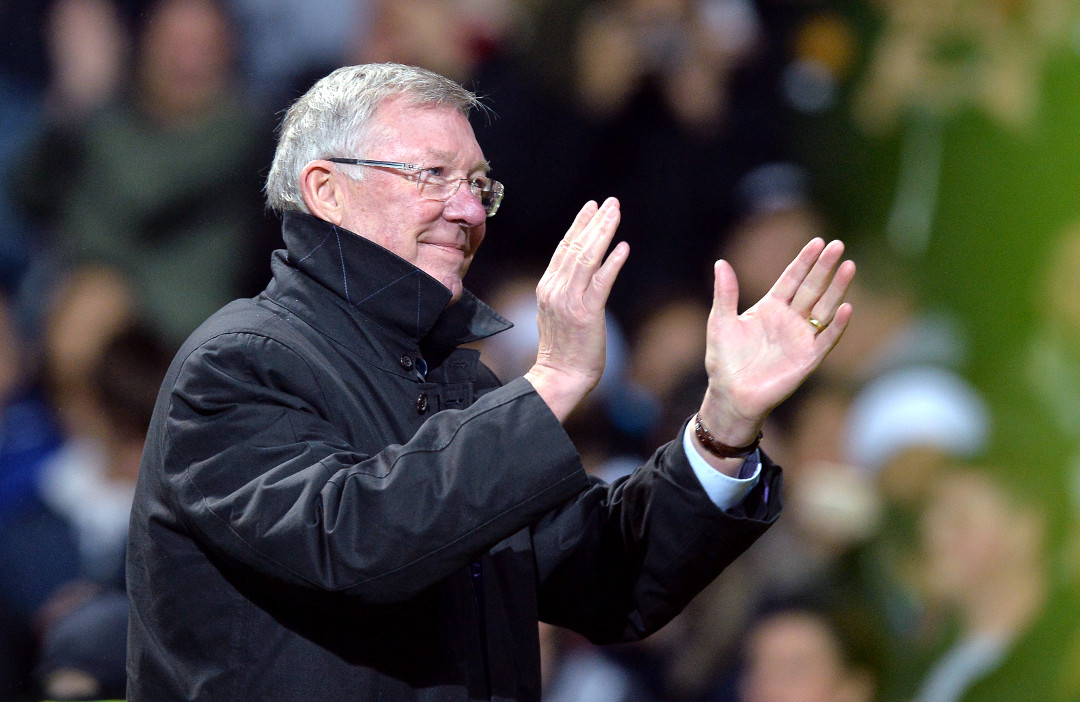
Beneath the surface there are issues, too, with concerns raised over the modern viability of the club's Carrington training base and its inferiority to equivalent facilities at Manchester City and, indeed, Tottenham.
Straight talking
Spurs have been one of the country's great underachievers and repeated, agonising failure has infected the club with an inferiority complex
The London club have spent most of the last 20 years in a period of contradictory flux. Jerked this way and that, suffering through false dawns, galling malaises and enforced sales, Spurs have been one of the country's great underachievers and repeated, agonising failure has infected the club with an inferiority complex.
But, while they have spent much of those two decades existing between opposing philosophical approaches, a definitive strategy has emerged: the way players are bought and sold has been refined and the "deal for the sake of a deal" mentality abandoned. With their new stadium finally nearing its construction phase, they have had to place a greater emphasis on stretching their existing resources and extracting value from their capital investment.
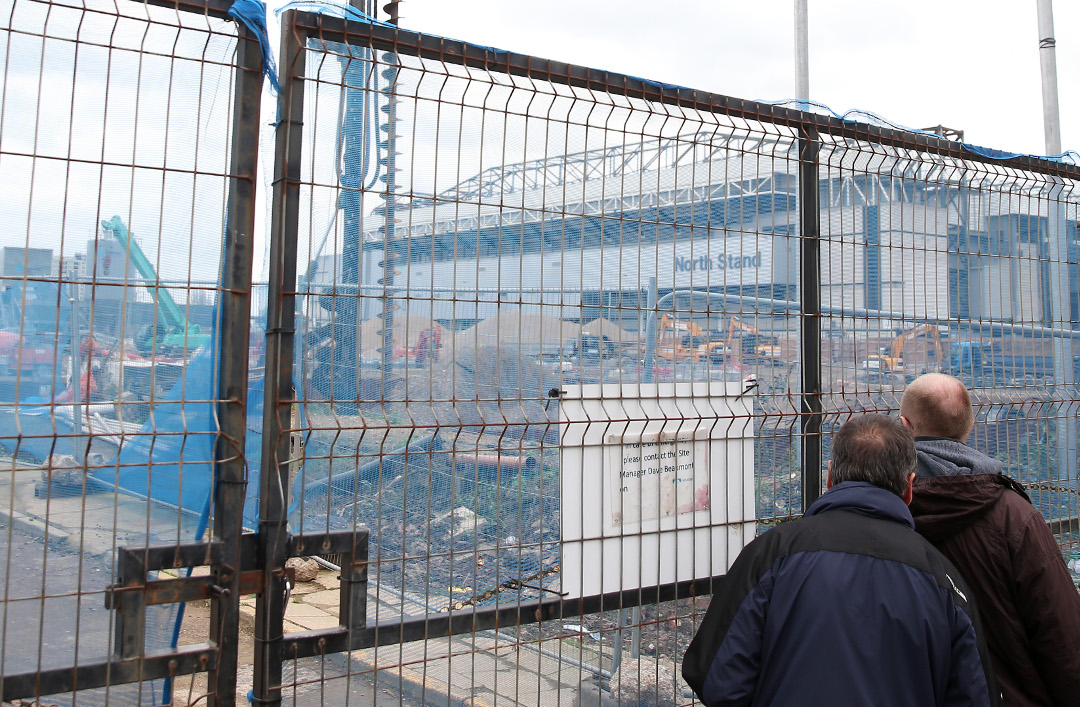
So, to understand why Pochettino has been a success at White Hart Lane, it's essential to appreciate not only the situation that greeted him on his arrival, but also the conditions which have allowed him to be prosper.
Tottenham were not instantly healed by him and this has not been a binary improvement. It has been a process – one which has relied on both the existing value of the club's training and academy facilities, the recalibrated scouting department headed by Paul Mitchell and, over a longer timescale, the collective personality of the first-team squad.
Drive and focus
Tottenham have improved, but their mini renaissance has not produced the kind of tangible achievement which equips a manager with psychological purchase at an elite club
That last point is the most salient: Pochettino's worth is derived from his driven personality, his almost maniacal work ethic and his semi-draconian emphasis on conditioning. All of those qualities are virtues, of course, but only when they're operating in the right environment – and Pochettino is at his most artful with softer clay.
His initial task at Tottenham was to create those circumstances for himself, weeding out the cliques and negatives influences from Hotspur Way and creating a singularly focused group who were either young or malleable enough to be re-educated.
At Manchester United, it's highly dubious whether he would be afforded the same conditions – at least in the near future. Playing for a club of that size emboldens a footballer and makes him less receptive. It's hard, for example, to foresee a situation in which the products of United's transfer policy or the existing names within the current squad would be truly submissive to Pochettino at this stage of his career.

Would those players – and whichever £40m-£50m additions are made in the coming seasons – be willingly moulded into something different? Tottenham have improved, clearly, but their mini renaissance has not produced the kind of tangible achievement which equips a manager with psychological purchase at an elite club.
Pochettino requires dedication and loyalty and he demands devotion from his players. It would be far harder to create that sort of bond at Old Trafford and, as such, the likelihood of his success would greatly diminish.
Youth policy
Pochettino was the right-shaped component dropped into an organisation which was – and continues to be – built with his managerial profile in mind
More troublingly, though, there is an obvious gap between his preference for mining a club's academy – evidenced by his time at Espanyol and Southampton, long before he arrived in north London – and United's ability to produce talent. Their facilities don't seem to attract the blue chip talent from future generations and, as such, Pochettino's theoretical value would be heavily undermined by a club which is not really equipped to amplify his abilities. (It's interesting to note recent widespread reports that United have targeted Spurs' head of coaching and player development John McDermott.)
This is the great mistake which is frequently made in proposing coaching appointments: the texture of a candidate's CV gets overlooked in favour of the superficial layer of impressive results. A manager's ability isn't just the sum of his training ground attributes, but also of his suitability to his surroundings and the extent to which his approach to the game is complemented by his employer's beliefs and objectives.
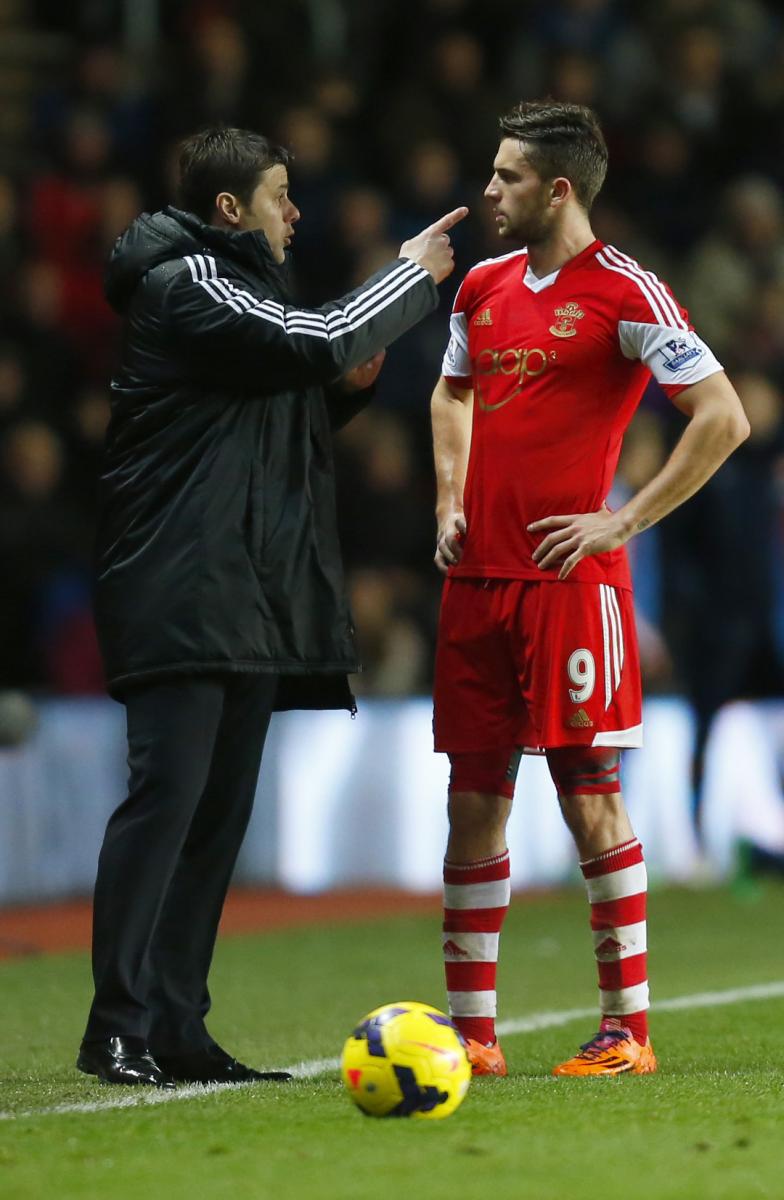
Tottenham are as valuable to Pochettino as he is to them. He was the right-shaped component dropped into an organisation which was – and continues to be – built with his managerial profile in mind. They are football's star-crossed lovers: the perfect union at the perfect time. In contrast, Manchester United would benefit from an entirely different marriage. They need a star-wrangler, a vibrant personality; someone whose ego can flow into the post-Ferguson fractures, who possesses a squad-taming gravitas and also the compulsion to play along in the big soap opera.
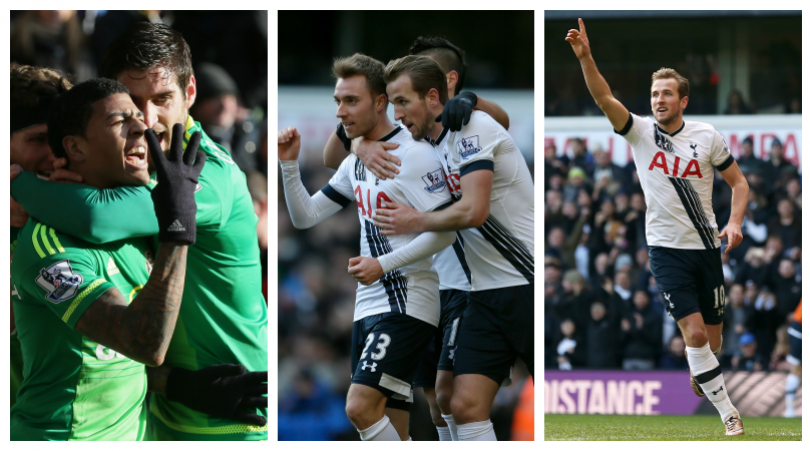
Pochettino possesses none of those qualities – he isn't that person. He belongs in a tracksuit on a training pitch, building careers rather than maintaining them. He is the sort of manager who specialises in steady, evolutionary change and who needs both the support of a logical atmosphere and the latitude of a club who exist outside the game's rarefied air.
RECOMMENDED
- Third-gear Spurs find a way through: 5 important points from Tottenham 4-1 Sunderland
- Analysed: What your Premier League club’s biggest strength and weakness is
- Is the rise of the Premier League's lower-league heroes about to end?
Seb Stafford-Bloor is a football writer at Tifo Football and member of the Football Writers' Association. He was formerly a regularly columnist for the FourFourTwo website, covering all aspects of the game, including tactical analysis, reaction pieces, longer-term trends and critiquing the increasingly shady business of football's financial side and authorities' decision-making.
 Join The Club
Join The Club





